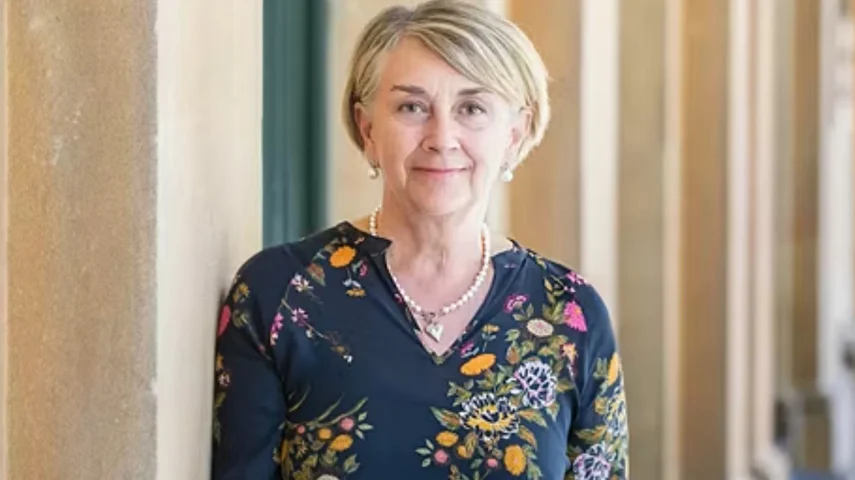APRA bemoans difficulty in convincing Choice trustees to move members



The Australian Prudential Regulation Authority (APRA) has indicated it is harder to persuade trustees of Choice super funds to get their members into top-performing products.
Appearing before the Senate estimates, APRA’s deputy chair, Margaret Cole, highlighted the issues demonstrated in the Choice heatmaps.
These were released earlier this year and found one in five Choice investment options with an eight-year history had significantly underperformed the benchmark. This was a small improvement from one in four products significantly underperforming in the previous year’s heatmaps.
A second issue related to funds that were closed to new members with two-thirds of closed investment options demonstrating poor or significantly poor performance relative to the heatmap benchmark, which APRA said demonstrated “potential harm” to members who remained in the closed options.
“Certain issues were particularly stark,” Cole said, in reply to a question by Greens senator Nick McKim. “One of those was that the worst performance is in a number of closed Choice product areas. There are issues affecting getting members out of the closed funds. One of those is a tax issue. For me it revealed that we’ve got members who are not being served by being in well-performing funds and a real problem with how that gets addressed.”
In the heatmaps, APRA noted RSE licensees needed to demonstrate how retaining members in underperforming closed investment options remained in members’ best financial interests or take active steps to identify suitable better-performing options or products for these members to be transferred to.
However, this was harder to achieve than APRA and its supervisors had expected, Cole said.
“With the information from the Choice heatmap, our supervisors will push into conversations and actions with those trustees where we’re seeing the difficult outcomes, if you like,” Cole said.
“But there is a range of points to be considered, which do have some validity, about why it is harder to get trustees to be able to merge with a different, higher-performing product. Like the capital gains tax issue, there are some real issues there about people who have chosen to be in those funds, because they’ve been advised, and they may have other reasons for wanting to stay in that fund.
“This is a tougher nut to crack in terms of using our powers of persuasion to get trustees to ensure that they can get those members into their top-performing products. There are some really valid points there.”
APRA is also finalising regulation regarding the Choice performance that the regulator intends to conduct in April.
Recommended for you
Future Group is set to take on nearly $1 billion in funds under management (FUM) and welcome more than 100,000 new members following two significant successor fund transfers.
Insignia’s Master Trust business suffered a 1.9 per cent dip in FUA in the third quarter, amid total net outflows of $1.8 billion.
While the Liberal senator has accused super funds of locking everyday Australians out of the housing market, industry advocates say the Coalition’s policy would only push home ownership further out of reach.
Australia’s largest superannuation fund has confirmed all members who had funds stolen during the recent cyber fraud crime have been reimbursed.













